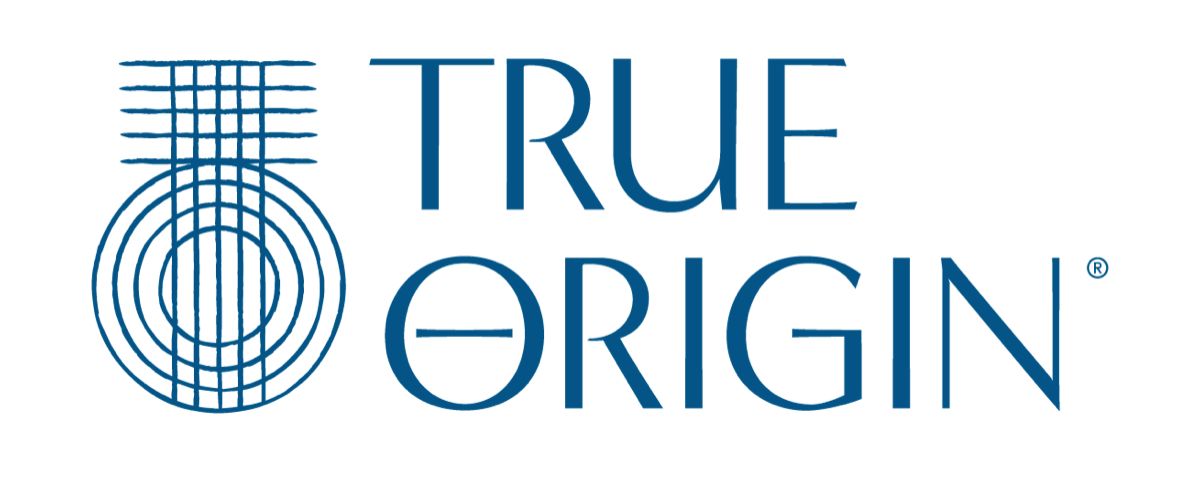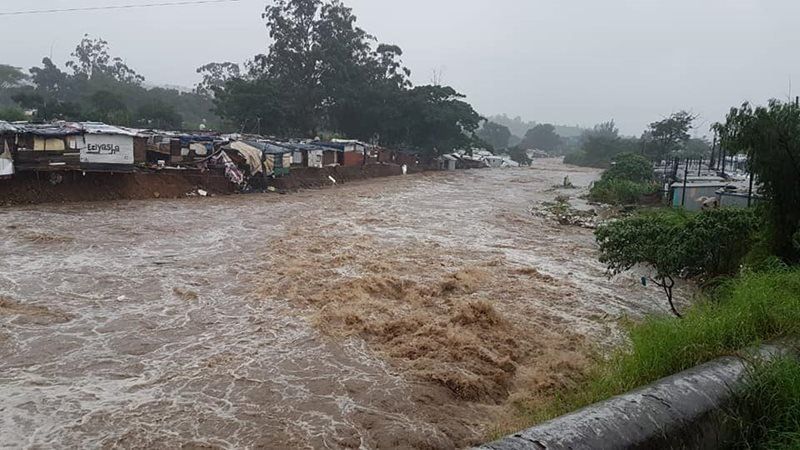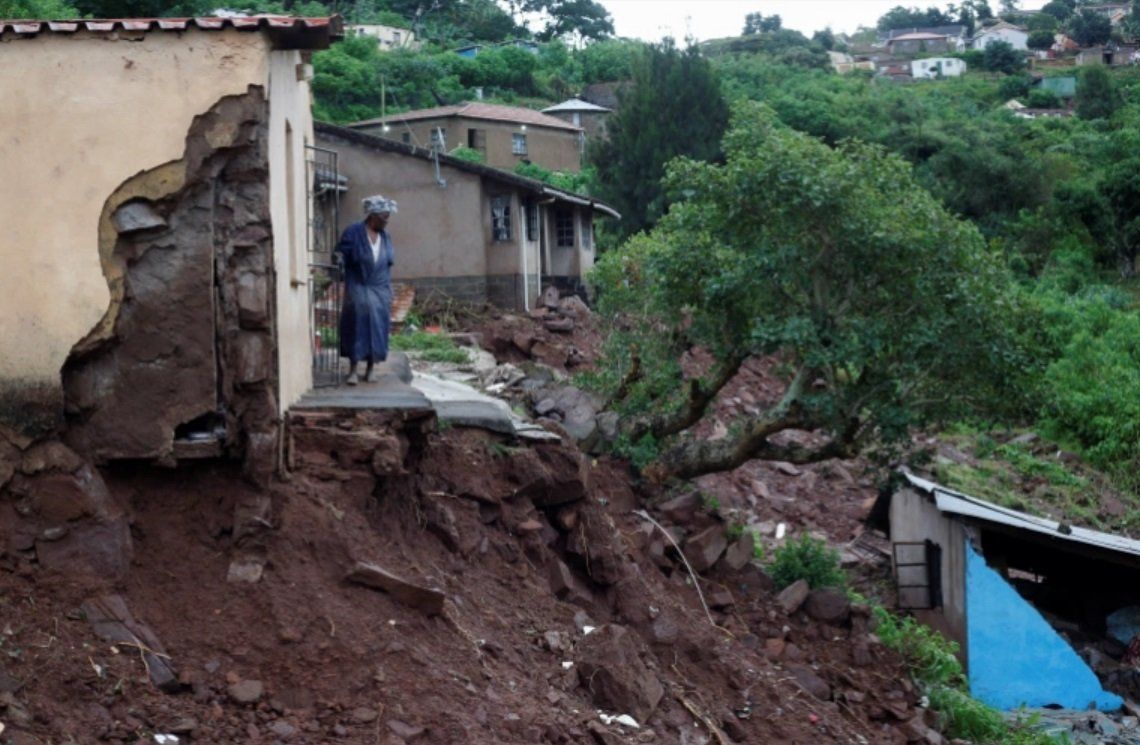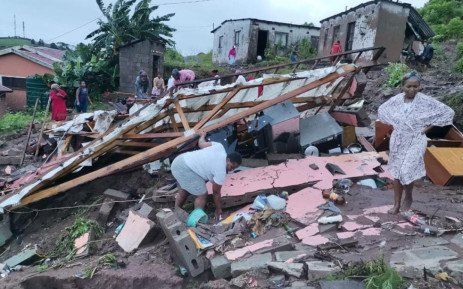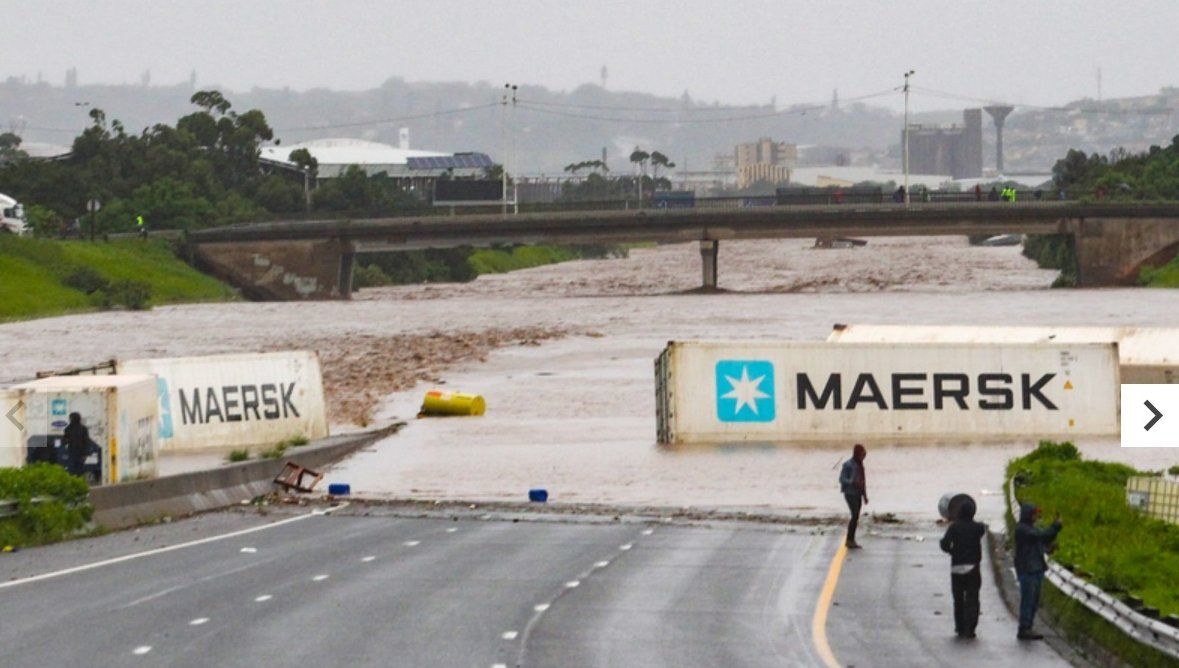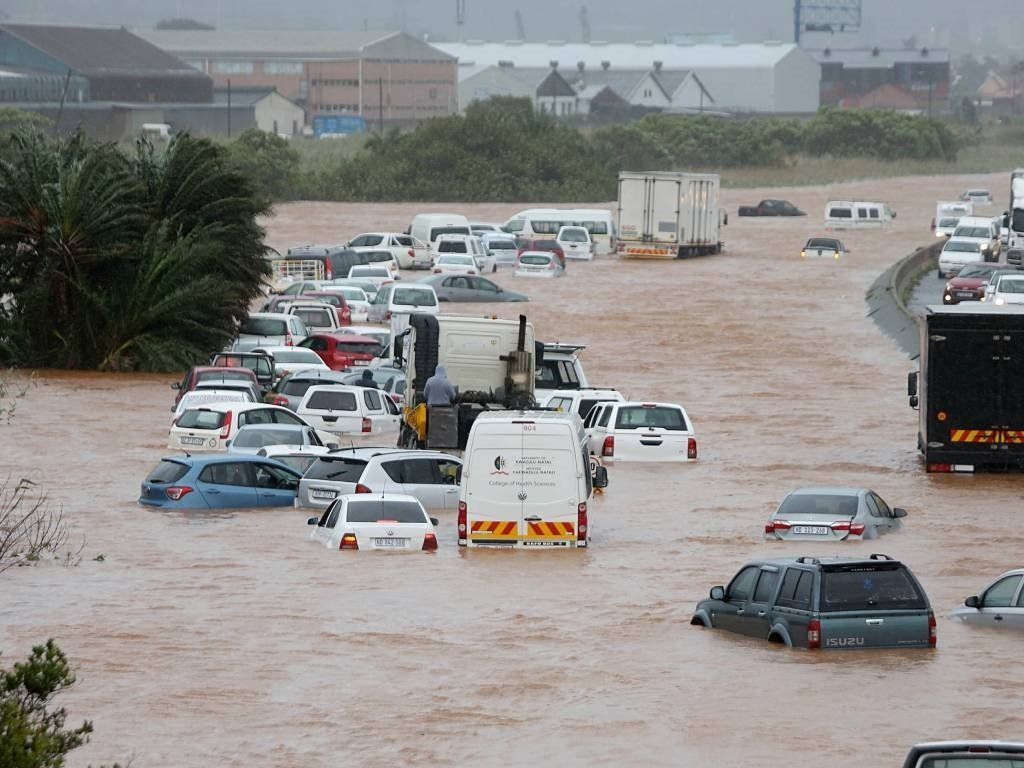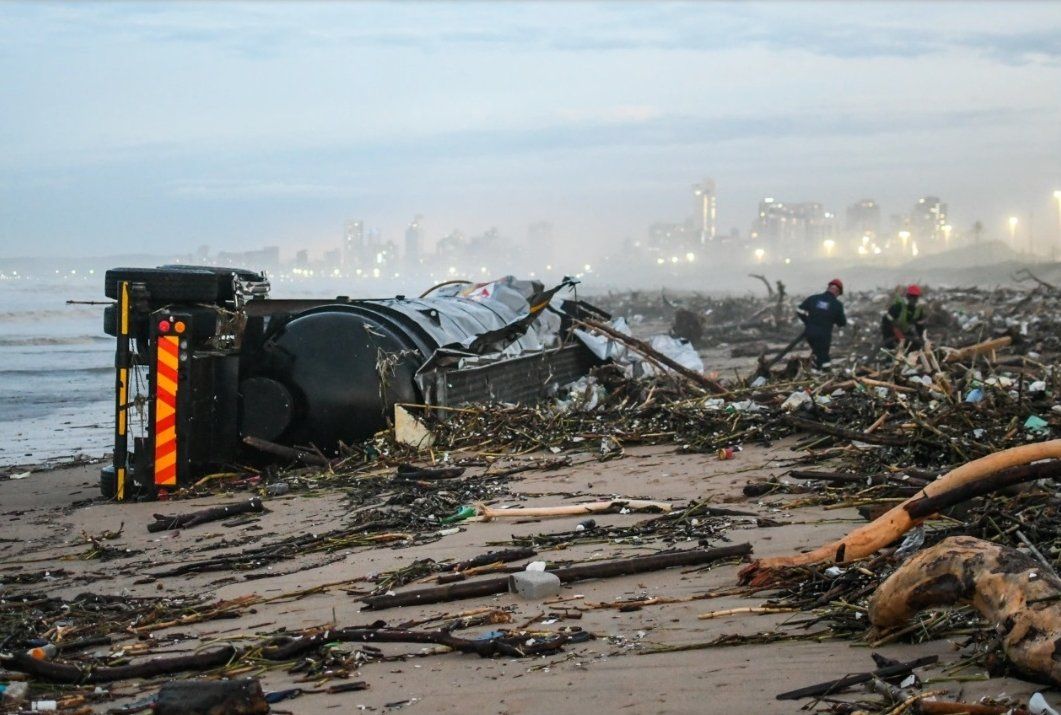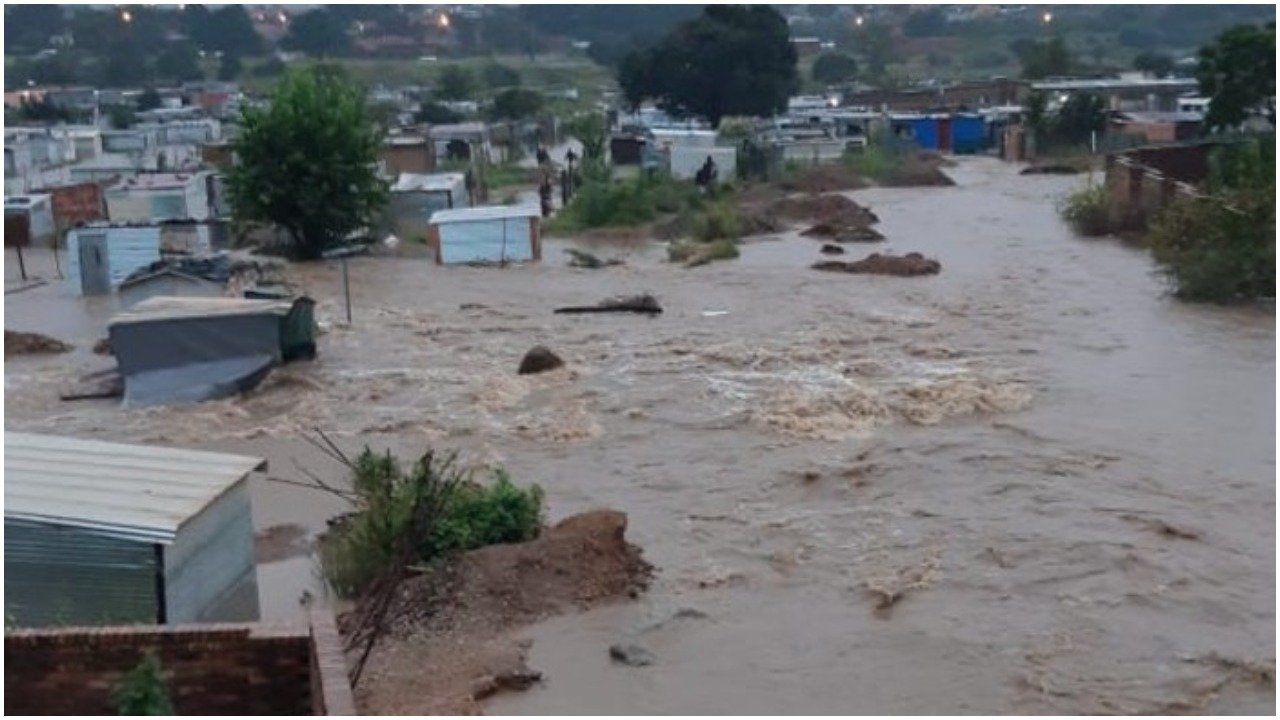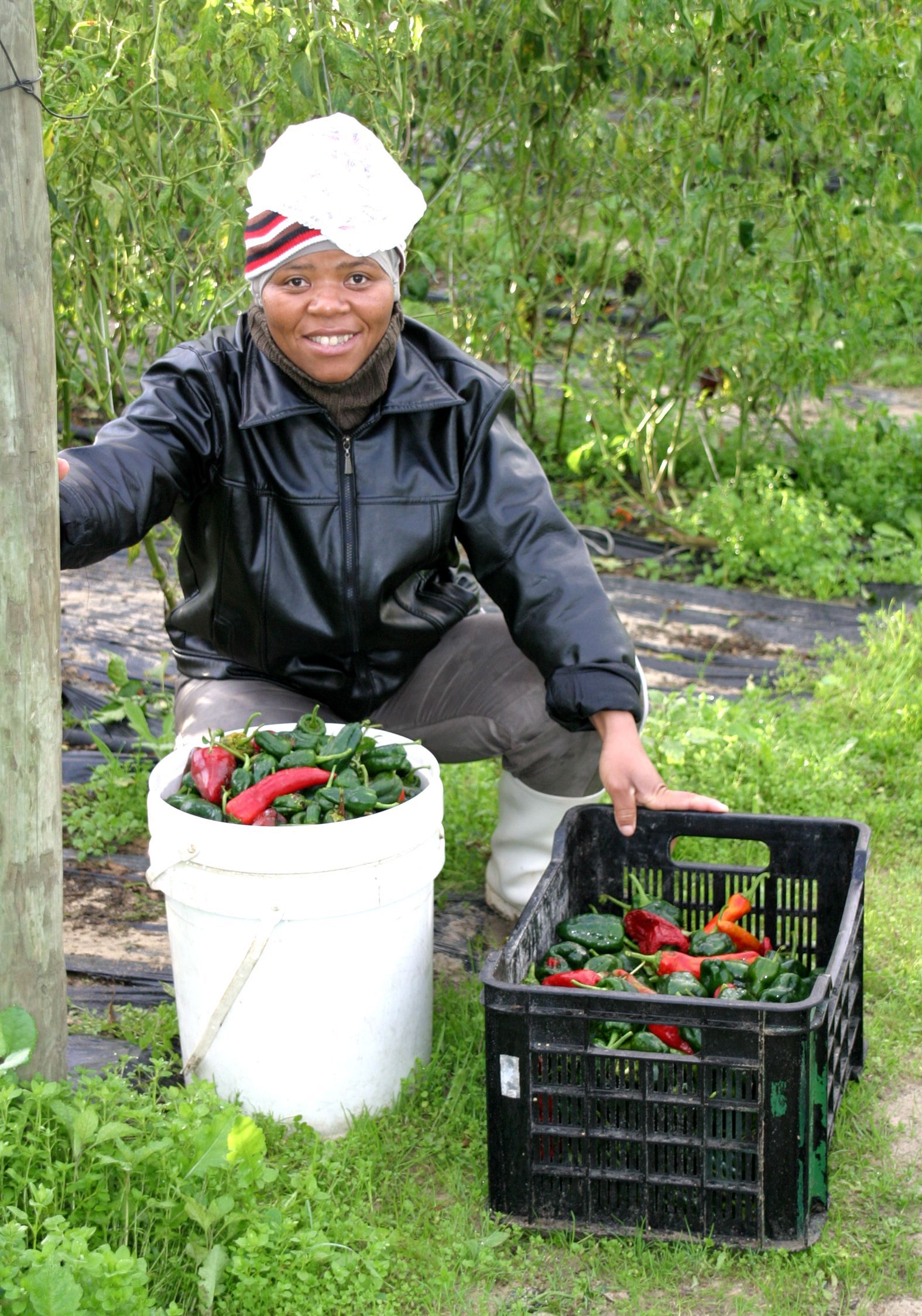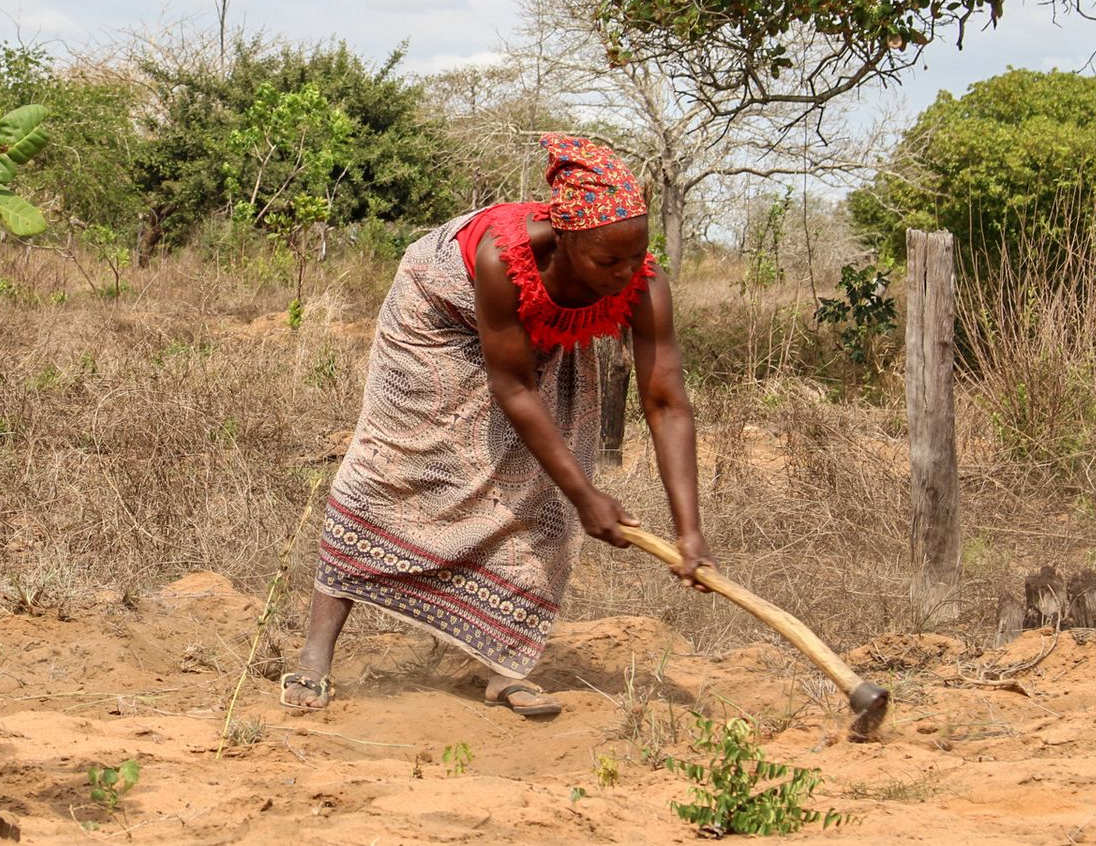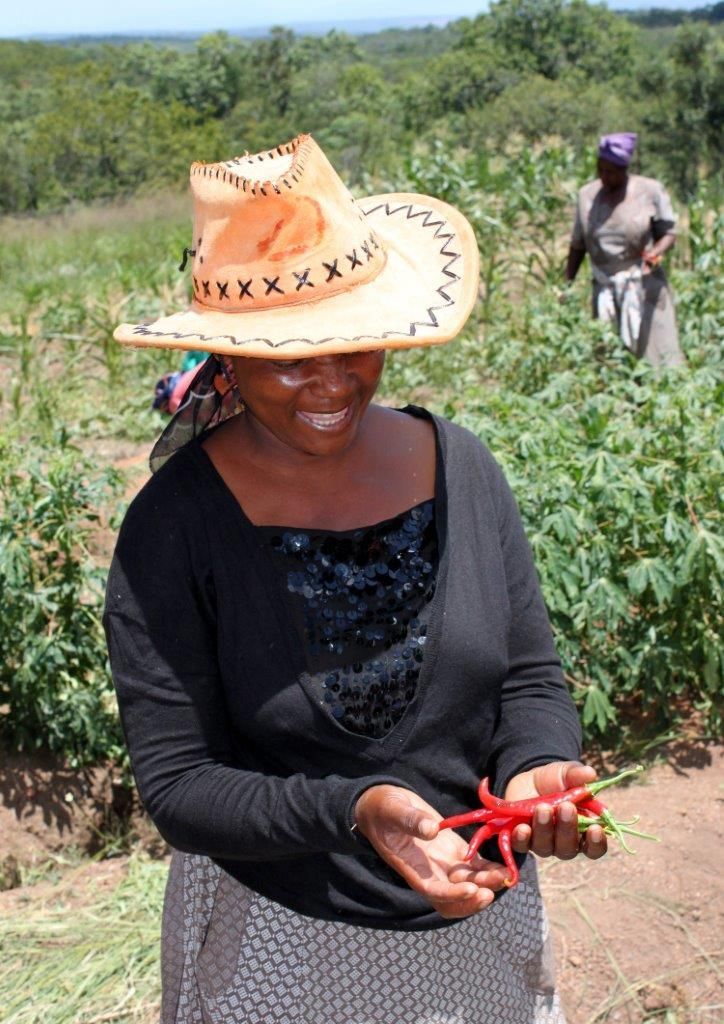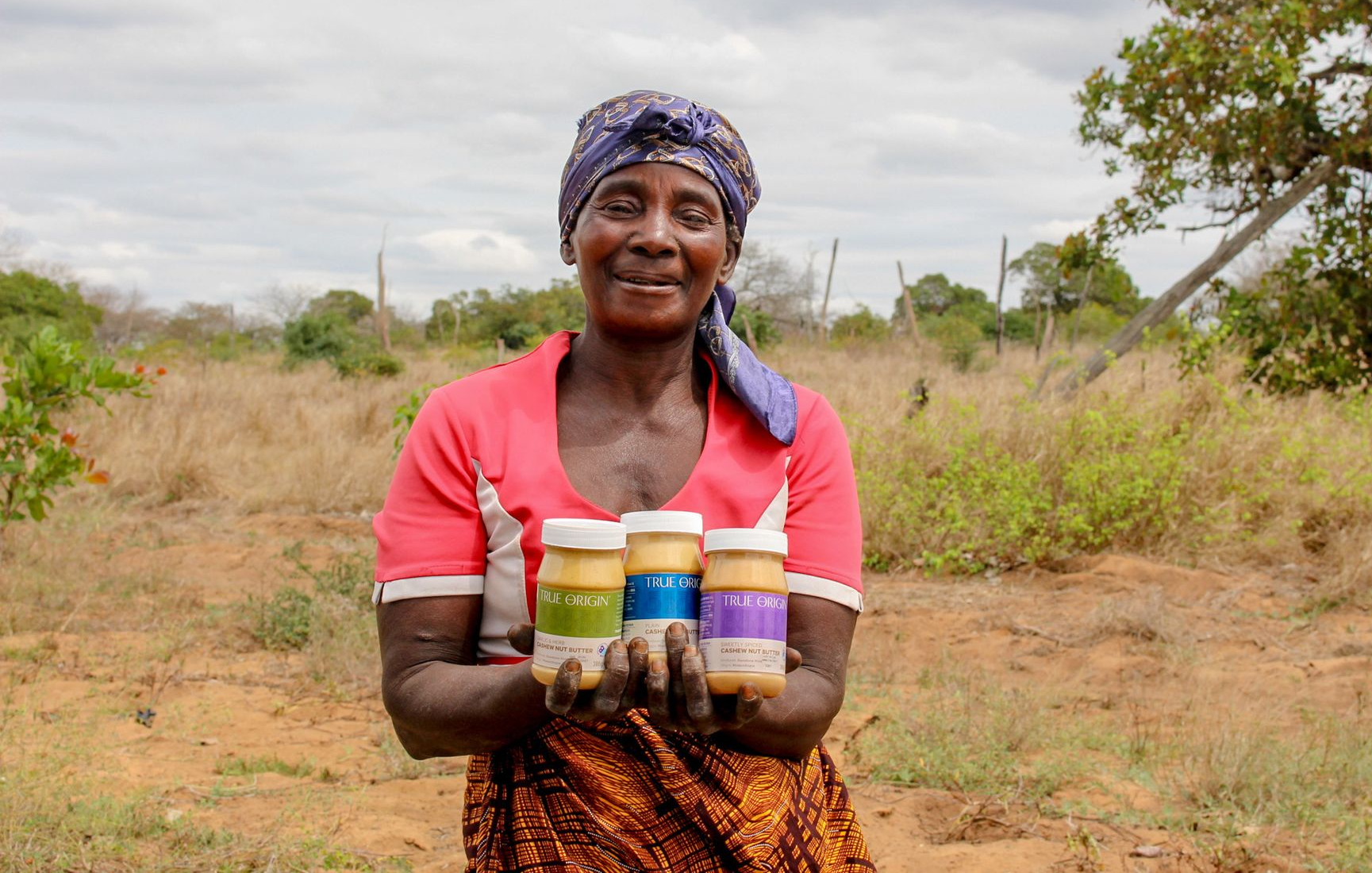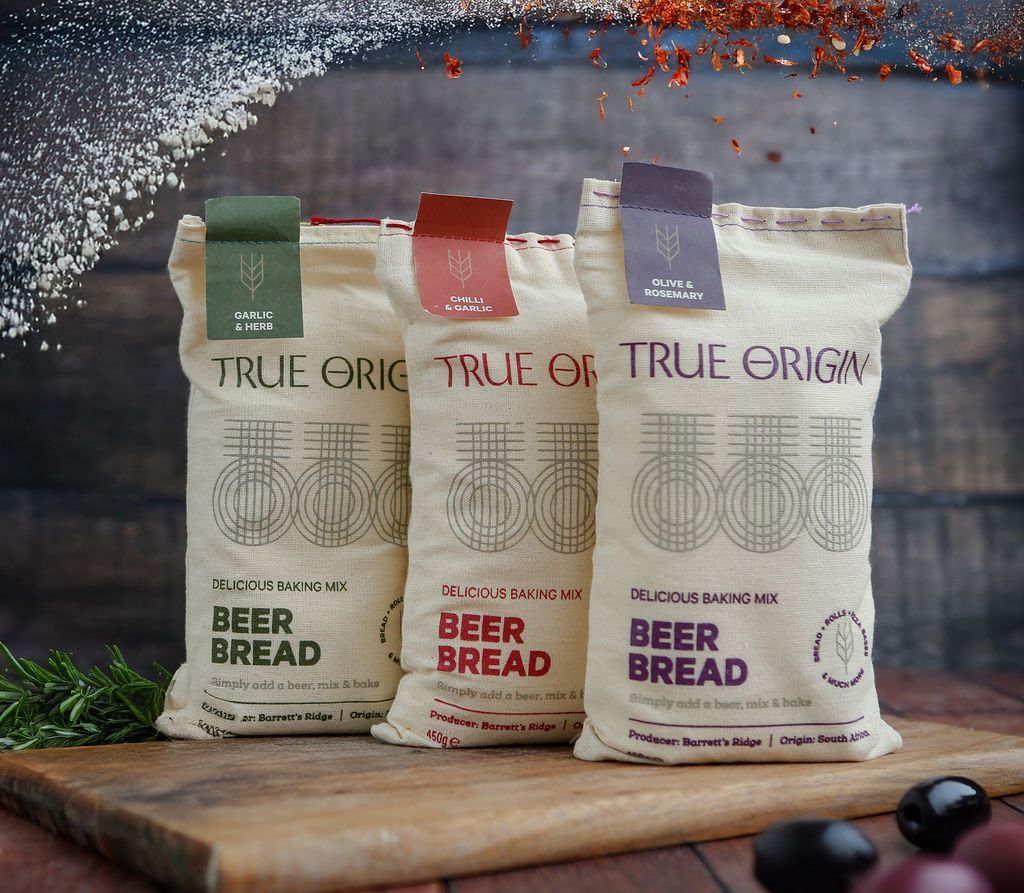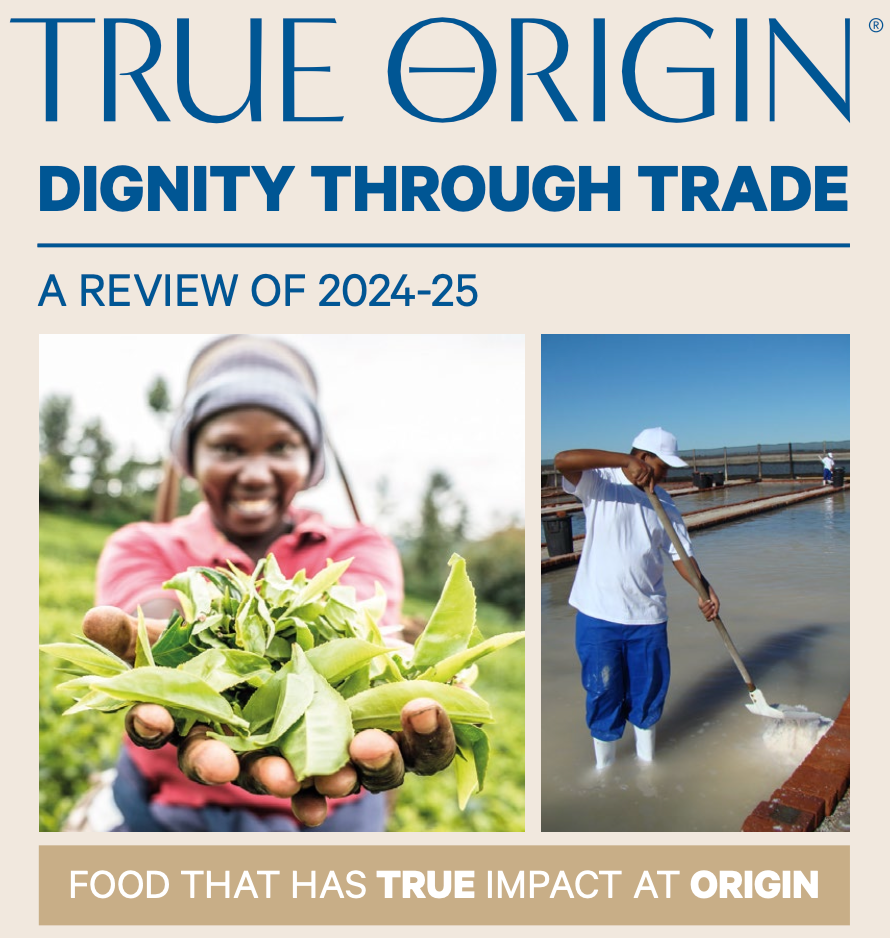FLOODING IN KWAZULU NATAL
Heartbreaking News from Tayrene at Barrett's Ridge, South Africa
** WARNING! SOME OF THE IMAGES IN THIS BLOG MAY BE DISTURBING! **
On the 8th of April 2022, Durban began to experience one of the deadliest storms since 1987. Nearly half of Durban's annual rainfall was recorded to have fallen within a 48-hour period. A state of disaster was declared on the 13th of April 2022. To date, 435 people have died with 54 confirmed missing. 13 500 houses have been affected with 6278 people left homeless. As is with most disasters like this, the hardest hit were the poorer communities.
Many were left without water or electricity for 14 days. A main access road to fuel depots was also damaged leading to fuel shortages. The biggest port in Durban had to suspend all operations and turn ships away due to damage. Due to crop and infrastructure damage as well many major roads being flooded, the supply chain to major cities was affected. As Durban is the countries main sugar supplier, there has been a sugar shortage in Cape Town for 2 weeks now which has impacted our (Barrett's Ridge) ability to fulfil orders.
Here are some numbers to show the extent of the damage:
- R955.4 million in damages to rail infrastructure.
- R1 billion in damages to water and sanitation infrastructure.
- R17 billion needed to fix overall damages.
- 110 SMMEs affected at a cost of R20 269 400.
- R431 million in damages to the manufacturing sector.
- R33.5 million in damages to the warehousing and logistics sector.
- R18.1 million in damages to the construction industry.
- R46.9 million in damages to the retail and wholesale sector.
- R12.6 million in damages to the agricultural sector.
The damage is devastating, especially for a province that have not yet fully recovered economically or emotionally from the riots that happened last year.
LOAD SHEDDING
As a country, South Africa is also dealing with load shedding. These are scheduled power cuts to the entire country as the demand for electricity cannot be met. There have been 14 days of load shedding this year. We are currently in stage 4 which means the power is cut 3 times a day for 2.5 hours per shed.
In the worst case scenario, we are scheduled to have 295 days of load shedding from April this year to March next year. This mean small businesses can be without power for up to 5 hours a day. Many of us can't afford or are unable to use generators: due to cost and rising gas prices and so production for us is impossible.
The worry is that with winter coming, we may be moved to stage 6 as cold weather and rain increase demand…. Let’s hope we don’t get there.
WATER SHEDDING
But, we have to look on the bright side and be grateful that we are no longer water shedding alongside the load shedding.
In 2018 Cape Town’s water crisis was declared a national emergency. We were faced with becoming the 1st major city in the world to run out of drinkable water due to droughts. Water shedding was implemented to save water. In the immediate response to the water crisis, the municipality diverted water from the agricultural sector to supply the city. Although this was not a sustainable solution as water for agriculture was in short supply, and it also played a role in the loss of over 30,000 jobs in the agricultural sector.
At the most extreme point of the crisis, residents were limited to using only 50 litres of water per residence per day — to put that in context, it takes about 10 litres of water to flush a toilet. This led to monitoring the flushing of toilets, reusing grey water (which is waste water, except that from toilets), and banning activities that required excessive amounts of water. Pools were no longer allowed to be filled, cars could no longer be washed, and watering the garden became a nightly activity in order to reduce evaporation.
The city rolled out around 250,000 Water Management Devices (WMD) that set limits for water usage on properties. The devices were programmed to shut off a property’s water supply once it had reached the daily limit. Households that used high volumes of water and surpassed limits faced heavy fines. The municipality also temporarily increased water tariffs to discourage excessive use of water in each household.


